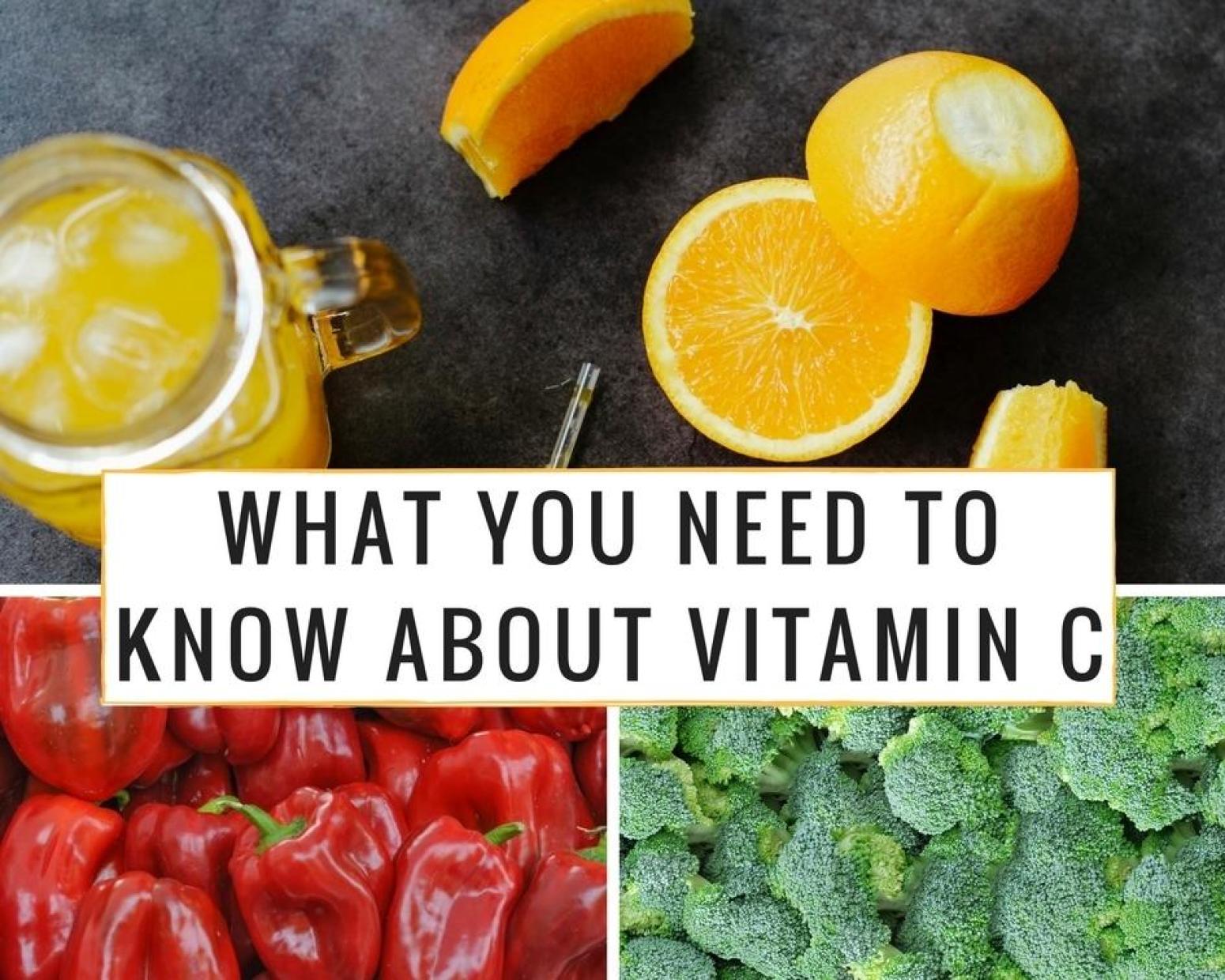Vitamin C is perhaps one of the most well-known vitamins of today. Most people associate it with boosting immunity and think of oranges as the primary food source.
When you get sick, do you immediately start taking Vitamin C supplements? Research shows that the supplements will only decrease the duration of your cold by a few hours and only if you were to consume adequate amounts prior to getting sick. So, it’s wiser to incorporate Vitamin C into your daily routine during cold season to keep those germs away.
In addition to immunity, Vitamin C helps the body in other ways. It plays a critical role in healing cuts. It’s needed to make collagen, a required protein for wound healing.
Anemia, a condition in which the red blood cells lack sufficient iron to carry oxygen, is one of the most common nutrient deficiencies of today. Vitamin C can help combat this condition by helping promote absorption of iron in the small intestine.
Today the RDA, or Recommended Daily Allowance, is lower than what most people think. For adult women, it’s 75mg, and for men, 90mg.
Since Vitamin C is water soluble, meaning you will excrete excess amounts in urine, you cannot over consume Vitamin C from food. However, too much can be taken from supplements and may cause you to be a bit uncomfortable (diarrhea, constipation, stomach cramps, etc). For this reason, the tolerable upper limit is 2,000 mg.
Getting enough Vitamin C from foods is incredibly easy because so much produce contains it. Most people automatically think of oranges which have about 80mg in a large orange. However, oranges don’t win for the highest amount.
A half-cup of red bell peppers (about half a bell pepper) contains 95mg of Vitamin C! Kale, Brussels sprouts, broccoli, and strawberries are also great ways to get in 40-50mg per half-cup serving (1 cup for kale). Make sure to add these fruits and veggies to your shopping list for a tasty way to boost your Vitamin C intake.
